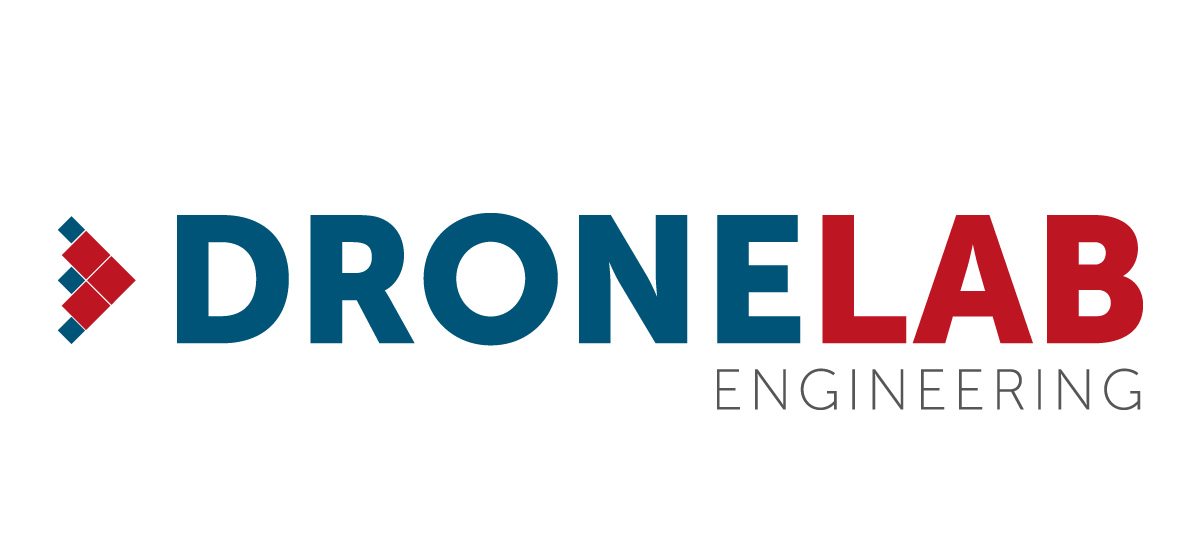The Baltic Sea, a vital ecosystem for a diverse range of marine life, faces numerous challenges. These include:
- Increased human activity: Shipping, fishing, and offshore construction generate significant underwater noise, disrupting marine mammal communication and behavior.
- Climate change: Rising sea temperatures and ocean acidification are impacting marine biodiversity and altering habitats.
- Pollution: Industrial and agricultural runoff, as well as plastic debris, contaminate the sea, harming marine life and degrading the ecosystem.
Addressing these challenges requires innovative solutions and advanced technologies. Dronelab, with its expertise in underwater operations and data analysis, offers cutting-edge solutions to enhance marine conservation efforts in the Baltic Sea.
Real-time Marine Mammal Detection
Traditional methods of marine mammal monitoring often involve manual data analysis, which can be time-consuming and prone to human error. Dronelab leverages advanced acoustic monitoring systems and artificial intelligence algorithms to:
- Real-time detection: Deploy autonomous underwater devices equipped with sophisticated sensors to detect and classify marine mammal vocalizations in real-time.
- Data analysis: Analyze acoustic data to identify species, track movements, and assess the impact of human activities on marine mammal populations.
- Early warning systems: Develop early warning systems to alert authorities of potential threats to marine mammals, such as approaching vessels or construction activities.
Underwater Noise Monitoring and Mitigation
Excessive underwater noise can have detrimental effects on marine life, including hearing loss, stress, and disruption of feeding and breeding behaviors. Dronelab offers solutions to:
- Monitor noise levels: Deploy underwater hydrophones to continuously monitor noise levels in critical habitats, such as shipping lanes and construction sites.
- Identify noise sources: Analyze acoustic data to pinpoint the sources of underwater noise, such as vessel traffic, pile driving, and seismic surveys.
- Develop mitigation strategies: Collaborate with stakeholders to develop and implement noise mitigation strategies, such as adjusting shipping routes, implementing quieter construction techniques, and establishing marine protected areas.
Environmental Impact Assessment
Before any major development project in the Baltic Sea, thorough environmental impact assessments are crucial. Dronelab provides:
- Pre-construction surveys: Conduct comprehensive pre-construction surveys to assess the baseline environmental conditions and identify potential impacts on marine life.
- Real-time monitoring: Monitor environmental parameters during construction activities, such as noise levels, turbidity, and sediment plumes.
- Post-construction monitoring: Conduct post-construction monitoring to evaluate the effectiveness of mitigation measures and assess the long-term impacts of the project.
The Importance of Small and Flexible Companies
Addressing the complex challenges facing the Baltic Sea requires innovative and agile solutions. Small and flexible companies, like Dronelab, possess several key advantages:
- Rapid adaptation: Quickly adapt to new challenges and emerging technologies.
- Specialized expertise: Offer specialized expertise in specific areas, such as underwater acoustics, marine biology, and data science.
- Close client relationships: Build strong relationships with clients and stakeholders, fostering collaboration and trust.
- Cost-effective solutions: Develop and implement cost-effective solutions tailored to the specific needs of each project.

The Role of Skilled Professionals
Successful underwater operations require a highly skilled and experienced workforce. Dronelab relies on a team of qualified professionals, including:
- Scuba divers: Conduct underwater surveys, deployments, and maintenance of equipment.
- Rebreather divers: Perform specialized underwater tasks, such as long-duration surveys and operations in challenging environments.
- RIB boat captains: Safely and efficiently navigate vessels in coastal and offshore waters.
Заключение
By combining cutting-edge technology, a deep understanding of marine ecosystems, and a highly skilled workforce, Dronelab is at the forefront of marine conservation in the Baltic Sea. Through innovative solutions, such as real-time marine mammal detection, underwater noise monitoring, and environmental impact assessments, Dronelab contributes to a healthier and more sustainable future for this vital ecosystem.

